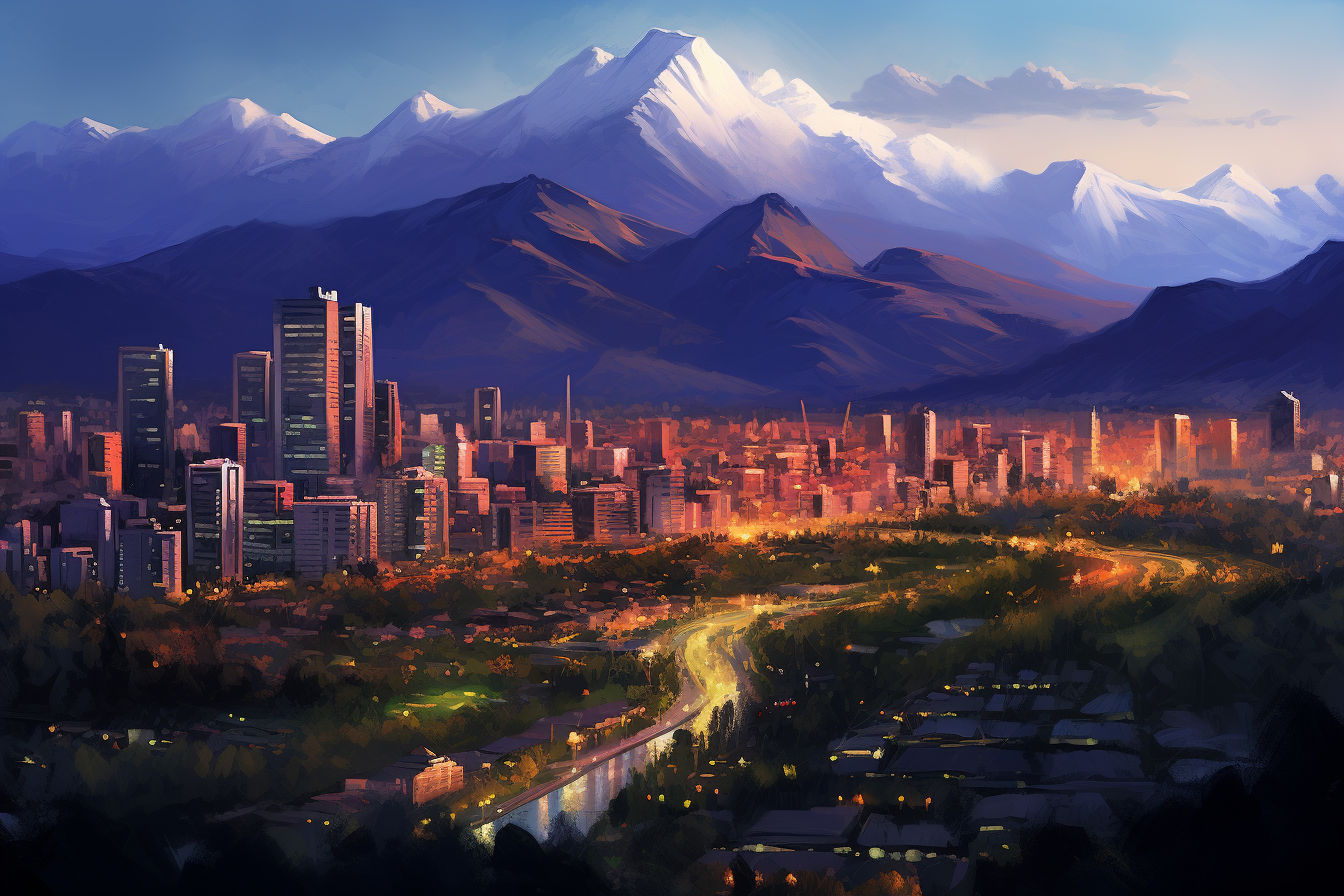A Timeline of Chile
A broad timeline of Chile.

Early Inhabitants and Cultures (10,000 BC - 1400 AD)
The earliest human settlements in Chile date back to around 10,000 BC. Various indigenous groups such as the Mapuche in the south and the Atacameños in the north thrived, each with their unique cultures and traditions.
Inca Expansion (1470 - 1535)
The Inca Empire expanded its territory into northern Chile in the late 15th century. However, they faced resistance from the Mapuche people and were unable to conquer the entire region.
Spanish Conquest (1535 - 1600)
Spanish conquistadors led by Diego de Almagro arrived in 1535. Despite facing fierce resistance from indigenous groups, particularly the Mapuche, the Spanish established Santiago in 1541.
Colonial Era and Mapuche Wars (1600 - 1810)
The Spanish colonial period was marked by ongoing conflicts with the Mapuche, known as the Arauco War. The Spanish introduced Catholicism and established a colonial society based on agriculture and mining.
Struggle for Independence (1810 - 1818)
Inspired by Enlightenment ideas and other Latin American independence movements, Chileans began to seek independence from Spanish rule. After years of struggle, Chile officially gained independence in 1818.
Economic Expansion (19th Century)
The 19th century saw significant economic growth, driven by mining and agriculture. Chile also expanded its territory through wars and treaties, acquiring regions rich in natural resources.
Political Instability and Reforms (20th Century)
The 20th century was marked by periods of political instability, including coups and authoritarian regimes. However, it also saw significant social reforms and the establishment of a democratic system.





